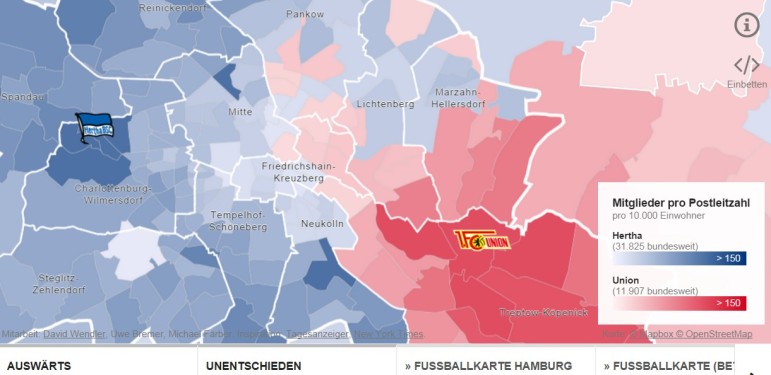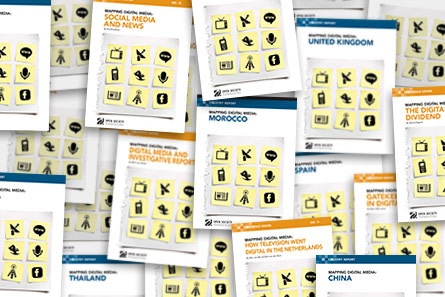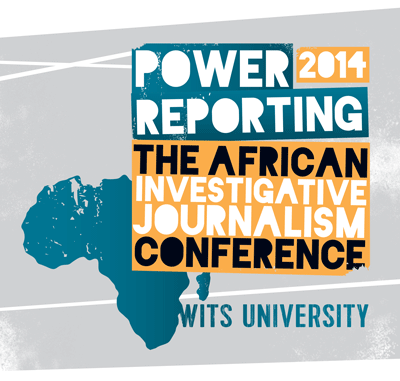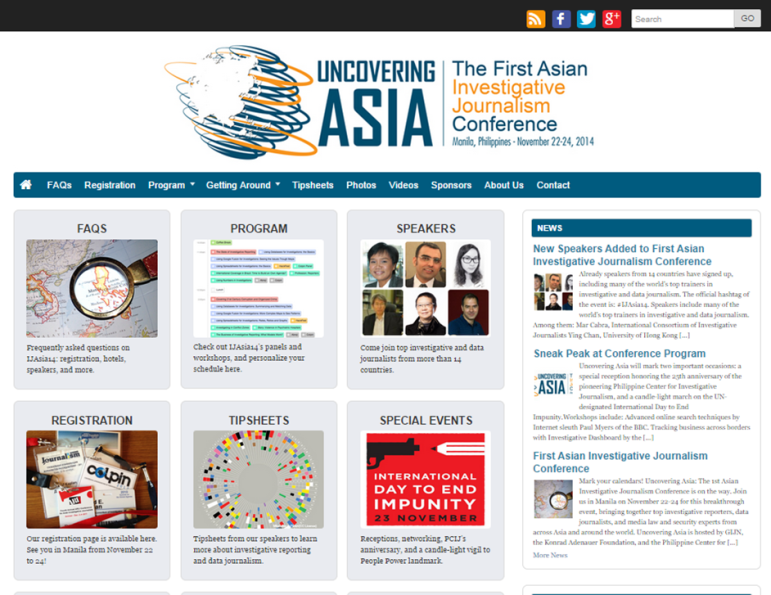
News & Analysis
World Hits 100 Freedom of Info Laws, but Challenges Abound
The civil society movement campaigning for government openness reached a significant landmark yesterday with the Latin American country of Paraguay enacting the world’s 100th access to information law. Twenty years ago, in 1994, there were just 15 access to information laws globally. But “there are still many challenges ahead,” says Helen Darbishire of Access Info Europe. “The quality of access to information laws varies enormously. There is insufficient transparency in practice and we urgently need more comparative data on how these laws are working.”







